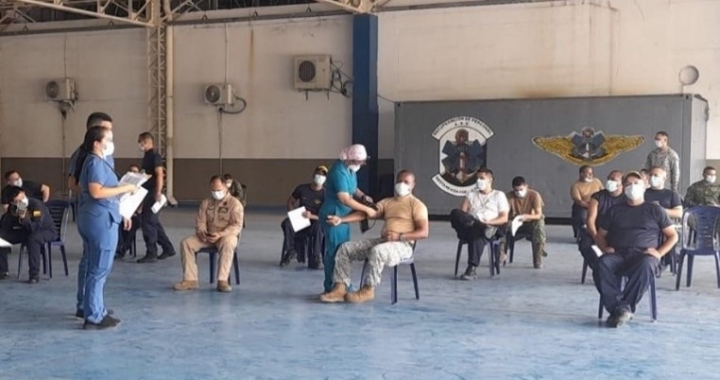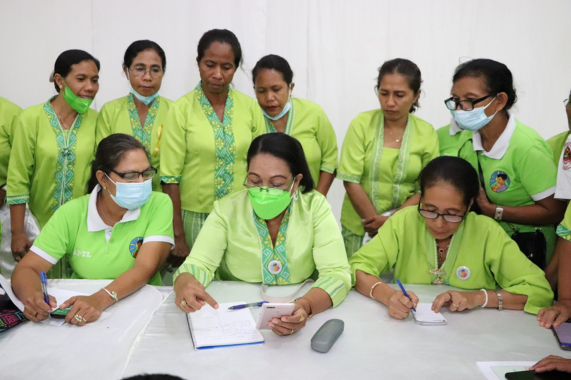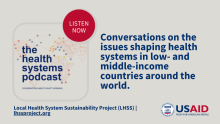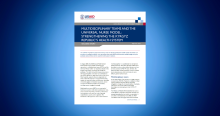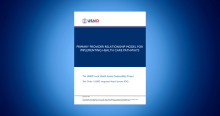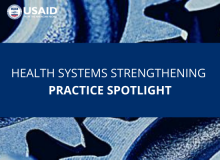Optimizing Care Models
Through systems thinking and harnessing political will, health systems can transform quality of care by reimagining the structure and scope of its care models. In Jordan, LHSS helped the Ministry of Health reorganize its intensive care units through the development of a multidisciplinary team competency framework and introduction of critical care as a sub-speciality. The piloting of the “universal nurse” model in Kyrgyz Republic, supported by LHSS, expanded nurses’ autonomy and scope of practice, enabling better adherence to care protocols and increased patient satisfaction. In both countries, the shock of the COVID-19 pandemic and the process of identifying champions within the health system helped overcome political roadblocks to change. And in Colombia, LHSS assistance to develop a collaborative care model between a network of community hospitals and a high-level teaching hospital through telehealth contributed to a reduction in maternal and neonatal mortality, which spurred national government to include the model in its maternal and child health plan.
Knowledge Products
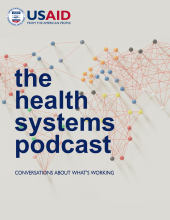
The COVID-19 pandemic placed extraordinary stress on the Kyrgyz Republic’s health system and health care providers, revealing the need for new approaches that would address the immediate needs brought on by the pandemic and contribute to the country’s health system resilience.
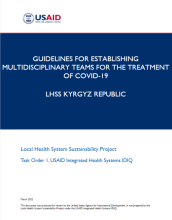
This report describes the multidisciplinary team approach, and presents guidelines for establishing, training, and monitoring and evaluating multidisciplinary teams.
Key stakeholders in Barranquilla, Colombia provide valuable insights on the importance of quality health care for migrants and their families.
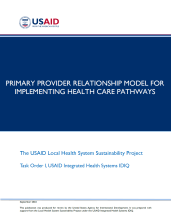
This document proposes a model to improve the relationship among stakeholders involved in the implementation of two Comprehensive Healthcare Pathways (RIAS, as per its Spanish acronym) in Colombia: the Pathway for the Promotion and Maintenance of Healthcare (RPMS, as per its Spanish acronym) and the Pathway for Maternal and Perinatal Health Care (RIAMP, as per its Spanish acronym).
This workshop marks a significant step towards enhancing health care in urban Bangladesh by uniting the Local Government Division, 11 municipalities, and 3 city corporations in a shared commitment to improve access and effectiveness of primary health care delivery.
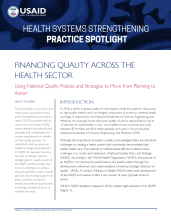
This brief builds on the USAID Local Health System Sustainability Project (LHSS) Strengthening Governance report (2022) and global National Quality Policy and Strategy (NQPS) survey, aiming to provide practical examples and considerations for country practitioners to consider on their quality journeys. It includes case studies of three countries that have used NQPS to mobilize and align resources for quality.


